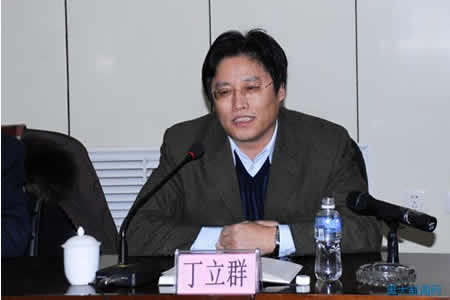The Inclusive Dream of the Chinese Culture - Reflection upon a Cultural Philosophy
 0 Comment(s)
0 Comment(s) Print
Print E-mail China.org.cn, December 5, 2013
E-mail China.org.cn, December 5, 2013
|
|
|
Ding Liqun |
--Ding Liqun, The Sino-Russian Collaborative and Synergic Innovation Center of Humanities, Helongjiang University
The Strategy Research Center for Cultural Development of the College of Philosophy, Heilongjiang University
Abstract:
The reflection on the Chinese Path should be a cultural issue, as in the Chinese cultural tradition there is a trend of universal values. Since the launch of the reform and opening up in 1978, the cultural conflict between the East and the West has always been a hot issue. Deng Xiaoping advanced the theory of socialism with Chinese characteristics, emphasizing the unity of universality and relativism in the theory. Later, a relativistic trend gradually took shape in China. By rejecting and opposing the universality and highlighting the particularity of Chinese culture, it attempts to deny the universality of the theory of socialism with Chinese characteristics and the Chinese path.
Cultural relativism is effective for developing countries in impeding the Western culture's colonial expansion. In the international arena, it is a defensive strategy employed by less influential countries to underline their particularity. In its most extreme form, cultural relativism will lead a culture to become conservative and closed. So, we should not neglect to build universality within our culture, which can reverse the reactionary trend of relativism and make the culture widely adaptable.
Chinese culture also needs universality. On the one hand, we should contribute the beneficial aspects of Chinese culture to the common value constructions of all nations on earth. On the other hand, we should keep an open attitude to make a more universal and inclusive Chinese path that keeps up with the times. In other words, the Chinese culture should constantly absorb, form, attend and contribute to the universality of world culture.






